The gig economy has revolutionised the way Australians work, offering flexibility and freedom like never before. Whether you’re driving for a rideshare service, delivering meals, or offering specialised freelance services, this evolving job market provides countless opportunities. However, with this flexibility comes the responsibility of protecting yourself and your livelihood. Insurance is a critical aspect that gig workers must understand to reduce their financial risk. We’ll explore the key types of insurance you need, how to choose the right coverage, and why it’s essential to seek professional advice from insurance brokers.

The Growing Gig Economy in Australia
Australia’s gig economy is booming. According to a recent Actuaries Institute study, more than 1 million Australians are engaged in some form of gig work, and the number continues to grow. The appeal is evident – you get to choose when and where you work, with the potential to balance other life commitments. However, this independence comes with its own set of challenges, particularly when it comes to securing appropriate insurance coverage.
Unlike traditional employees, gig workers don’t have access to employer-provided benefits, including insurance. This means you’re responsible for safeguarding your income and wellbeing. The types of insurance you need will depend on the nature of your work, but understanding the essentials is the first step toward protecting yourself in this dynamic job market.
Essential Insurance Types for Gig Workers
1. Public Liability Insurance
Public liability insurance is a must-have for many gig workers. It covers the financial costs if you accidentally cause damage to someone else’s property or injure another person while carrying out your work. This type of insurance is particularly relevant for those providing services in other people’s homes, such as cleaners or handymen.
Imagine you’re a cleaner, and you accidentally knock over a priceless vase while tidying up a client’s living room. Without public liability insurance, you could be personally liable for the cost of replacing the vase. In more severe cases, such as accidentally starting a fire, the financial implications could be catastrophic. Public liability insurance ensures that you’re not left out of pocket if something goes wrong.
2. Professional Indemnity Insurance
If your gig involves providing advice or specialised services, professional indemnity insurance is crucial. This insurance covers you if a client claims they suffered financial loss due to your advice or services. For instance, if you’re a freelance consultant and your recommendations lead to a client losing money, they may pursue legal action against you. Professional indemnity insurance helps protect your business and personal assets in such scenarios.
In the competitive world of freelance consulting, the risks of a claim are ever-present. Even if you’ve acted in good faith, a dissatisfied client could still allege negligence. This is where professional indemnity insurance steps in, covering legal costs and any potential compensation payouts.
3. Vehicle Insurance
For those using a vehicle as part of their gig work, such as rideshare drivers or delivery workers, having the right vehicle insurance is essential. Traditional car insurance policies often don’t cover commercial use, leaving gig workers vulnerable if an accident occurs during a job.
Fortunately, many insurance providers now offer policies that cater specifically to gig workers, ensuring you’re protected whether you’re using your vehicle for personal or business purposes. It’s important to review your product disclosure statement carefully to understand what is and isn’t covered under your policy.
4. Tools of Trade Insurance
Tools of trade insurance is vital for gig workers who rely on specific equipment to perform their jobs. Whether you’re a photographer, handyman, or mobile hairdresser, this insurance covers the replacement or repair of your tools if they are damaged, lost, or stolen.
Imagine being a freelance photographer whose camera equipment is stolen right before a big event. Without tools of trade insurance, replacing that equipment could be a significant financial setback. This insurance ensures that you can continue working without disruption.

5. Business Interruption Insurance
Business interruption insurance is designed to cover the loss of income that occurs if your ability to work is disrupted by an unforeseen event, such as a natural disaster or significant property damage. For gig workers, this type of insurance is particularly useful if you rely on a specific location or equipment to carry out your work.
For example, if you run a home-based business and your home office is damaged in a storm, business interruption insurance could cover the loss of income during the repair period. It provides peace of mind, knowing that your financial stability won’t be jeopardised by circumstances beyond your control.
6. Workers’ Compensation
Workers’ compensation is a legal requirement for employers to cover their employees in case of workplace injuries. However, gig workers are often classified as independent contractors, which can complicate their eligibility for workers’ compensation.
It’s essential to clarify your employment status with the platform or company you’re working for. If you’re classified as an independent contractor, you may need to seek out alternative insurance solutions to cover yourself in case of injury while on the job. This is where a knowledgeable insurance broker in Toowoomba can be invaluable, guiding you to the right coverage.
Navigating Specialised Insurance Products
As the gig economy continues to grow, insurance providers are recognising the unique needs of gig workers and are offering more tailored products. However, it’s important to remember that not all insurance policies are created equal. The cost, coverage, and exclusions can vary significantly between providers.
When considering specialised insurance, take the time to compare quotes from reputable companies. Look for insurers with strong customer reviews and financial ratings. Additionally, ensure you fully understand the terms and conditions of your policy, including any exclusions that may apply.
The Importance of Seeking Professional Advice
Navigating the world of insurance can be daunting, especially for gig workers who are already juggling multiple responsibilities. That’s why seeking professional advice is crucial. An experienced insurance broker can help you understand your risks, recommend the right policies, and ensure you have adequate coverage for peace of mind and financial security.
For gig workers in Toowoomba and beyond, All Star Brokers offers expert guidance tailored to your specific needs. With our deep understanding of the insurance landscape, we can help you find the most suitable coverage, ensuring you’re protected no matter what your gig entails.
Protecting Your Gig Work Investment
The gig economy offers unparalleled flexibility and freedom, but it also requires gig workers to take proactive steps to protect their income and wellbeing. Understanding the types of insurance that are essential for your line of work and seeking the right advice can make all the difference in securing your financial future.
Whether you’re a part-time gig worker or rely on gig work as your full-time occupation, the right insurance coverage is key to reducing your financial risk. Don’t leave it to chance – consult with insurance brokers in Toowoomba like All Star Brokers to ensure you’re adequately protected.
By staying informed and seeking professional guidance, you can enjoy the benefits of the gig economy while safeguarding your livelihood against potential risks.
Frequently Asked Questions
What insurance should I consider as a gig worker?
As a gig worker, consider public liability insurance for damages or injuries to others, and professional indemnity insurance if you provide advice. Vehicle insurance is necessary if you use a car for work, while tools of trade insurance covers your equipment. Business interruption insurance helps if work is disrupted, and workers’ compensation is vital if you’re injured on the job.
How do I know if I need professional indemnity insurance?
You need professional indemnity insurance if you provide advice or specialised services. It protects against claims of negligence if a client believes they suffered financial loss due to your advice. This insurance is essential for freelancers or consultants whose work impacts clients’ businesses.
Can I get vehicle insurance for gig work, and how do I choose the right policy?
Yes, you can get vehicle insurance tailored for gig work. Check if the policy covers commercial use, such as rideshare driving or deliveries. Compare quotes, review coverage details, and select a provider with good customer feedback and strong financial ratings.
Important notice
All information in this article is of a general nature only. This information does not take into account your specific objectives, financial situation or needs. It is also not financial advice, nor complete, so please discuss the full details with your All Star Brokers insurance broker. Information is subject to change.
Steadfast Group Ltd ACN 073 659 677
Important notice – Steadfast Group Limited ABN 98 073 659 677 and Steadfast Network Brokers
This article provides information rather than financial products or other advice. The content of this article, including any information contained in it, has been prepared without taking into account your objectives, financial situation or needs. You should consider the appropriateness of the information, taking these matters into account, before you act on any information. In particular, you should review the product disclosure statement for any product that the information relates to before acquiring the product.
Information is current as at the date the article is written as specified within it but is subject to change. Steadfast Group Ltd and Steadfast Network Brokers make no representation as to the accuracy or completeness of the information. Various third parties have contributed to the production of this content. All information is subject to copyright and may not be reproduced without the prior written consent of Steadfast Group Limited.
